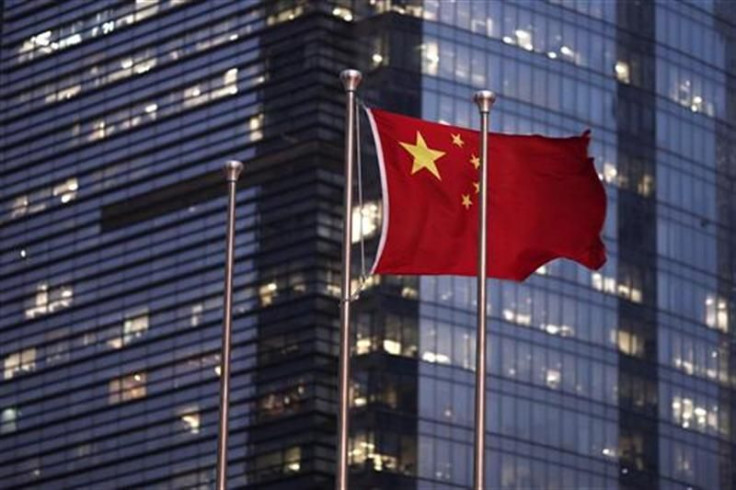China Foreign Direct Investment Sinks for Fourth Straight Month

China's foreign direct investment in February fell for the fourth straight month as companies tightened spending amid a slowdown in the world's second-largets economy and the ongoign European sovereign debt crisis.
China's Ministry of Commerce said Thursday its foreign direct investment, or FDI, shrank 0.9 percent last month to $7.7 billion from a year-earlier. That followed a drop of 0.3 percent fall in January. In the first two months of 2012, overseas spending dropped 0.6 percent to $17.7 billion.
Foreign direct investment from Europe sagged the most, falling 33.3 percent to $906 million from February 2011, while it the United States increased almost 0.9 percent to $525 million.
In the first two months, foreign direct investment into China fell 0.56 percent from the same period a year ago. Last year, China brought in $116 billion of FDI, which was up almost 10 percent from 2010.
The contracting FDI comes amid China's trade deficit reaching $31.5 billion in February, the Ministry of Commerce said. That occured after the country posted a $27.3 billion surplus in January. It also comes amid a slowing overall economy, with declining inflation and lower bank lending, retail sales and industrial output.
Though Commerce Ministry spokesman Shen Danyang told reporters the trade deficit was only temporary and seasonal, it was the biggest deficit the country has seen in at least 12 years, according to reports.
The American Chamber of Commerce in Shanghai said in a survey that companies in the U.S. are reluctant to invest in Chinese business prospects because of increasing costs and the inability of companies to keep skilled labor, Bloomberg reported. Amid the slowdown, businesses are also struggling to become more profitable in this economic climate.
Investors are cautious now due to the sluggish global recovery, Pan Xiangdong, an economist in Beijing for China Galaxy Securities Co., told Bloomberg. At the same time adding, China will continue to attract foreign investment because it has an expanding middle class that offers attractive opportunities.
© Copyright IBTimes 2025. All rights reserved.





















